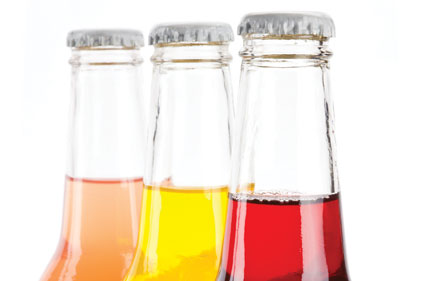The ban restricts the sale of sodas to no more than 16oz., and applies to both fountain and bottled drinks. It does not apply to diet sodas, fruit juices, dairy or alcoholic drinks. Sodas sold at grocery and convenience stores are exempt as well. Establishments that skirt the ban would face a $200 fine.
While six in 10 New Yorkers oppose the ban, some believe it to be a good idea.
"Today, we live in a world where despite our best intentions, it's oftentimes very difficult on your own to make the healthy choice,'' David Burwick, president of Weight Watchers North America, said, according to CBS News. ''We all need to take more personal responsibility for our own weight and eating habits, but it helps to remember what a healthy portion size is in a world where super-size portions have become the norm.''
However, the New York City Beverage Association has derided the idea since its inception.
"There they go again," Stefan Friedman, spokesman for the New York City Beverage Association, told the Wall Street Journal when the ban was first proposed. "The New York City Health Department's unhealthy obsession with attacking soft drinks is again pushing them over the top. The city is not going to address the obesity issue by attacking soda because soda is not driving the obesity rates."
Bloomberg has made curbing obesity a top priority for his administration, and this plan is one of his key steps for doing so.
More than 35% of adults in the U.S. older than 20 are obese. In 1985, no state had an obesity rate higher than 14%. By 2010, no state had an obesity rate lower than 20%, according to the Centers for Disease Control and Prevention.
"Obesity is a nationwide problem, and all over the U.S., public health officials are wringing their hands saying, 'Oh, this is terrible,'" Bloomberg told the New York Times when he announced the ban in May. "New York City is not about wringing your hands; it's about doing something. I think that's what the public wants the mayor to do."



